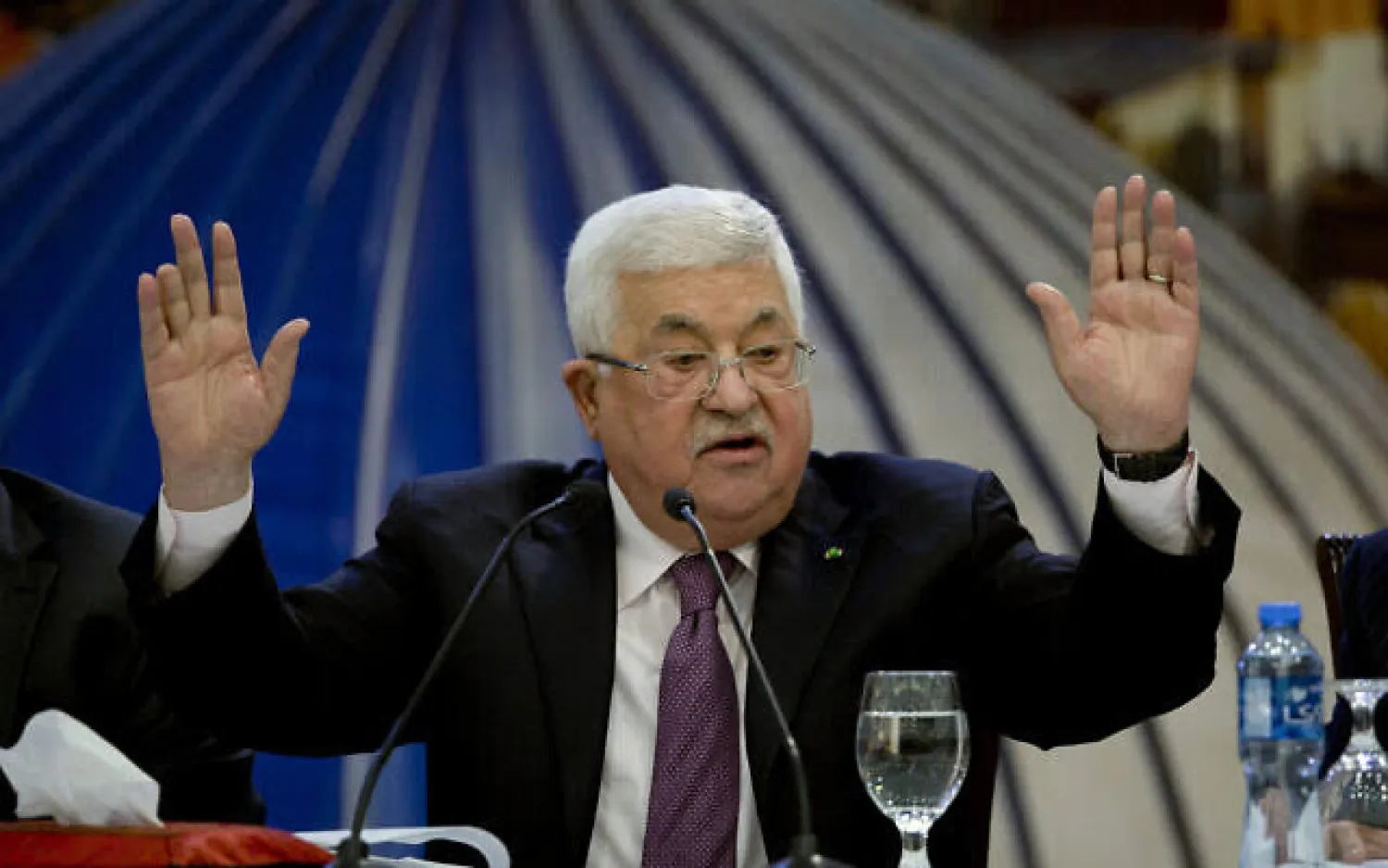Palestinian President Mahmoud Abbas has said that if Israel implements its annexation plan in the occupied West Bank, it has to assume all its responsibilities in the territories as an occupying power.
In an address via video link to the Arab Parliament, Abbas stressed the Palestinian leadership's decision to absolve from all agreements and understandings with Israel does not mean ending peace, but that the Palestinians are ready to work for peace under a multilateral international mechanism.
Abbas urged the Arab Parliament to exert all efforts to convey to the US administration that the Palestinians extend their hands for peace as well as its rejection of any plans that allow the annexation of the Palestinian territories.
“We have received confirmations from all Arab countries that they are fully committed to the Arab peace initiative,” he said.
A joint meeting of the PLO Executive Committee, the Fatah Central Council and the Palestinian cabinet has been held in the Jordan Valley village of Fasayil as part of Palestinian steps against the Israeli annexation plan.
Fatah central committee official Jibril Rajoub said that their mission is to provide the people of the Jordan Valley all means of survival in their land.
A public opinion poll carried out by Palestinian Center for Policy and Survey Research showed that two-thirds of the public expect Israel to annex the Jordan Valley and the settlement areas in the West Bank.
The poll was carried out in the West Bank and the Gaza Strip between June 17-20.
A sample of 1,200 adults were interviewed face to face in 120 randomly selected locations. The margin of error is +/-3 percent.
Results showed that 52 percent support and 42 percent oppose a return to armed conflict. Moreover, 65 percent are worried that armed clashes would erupt with Israel. Another 65 percent have concerns that the PA would collapse or fail to deliver services.
In addition, 63 percent are worried that security chaos would return to Palestinian daily life, while 62 percent said they are concerned that they would not be able to travel abroad via Jordan.









